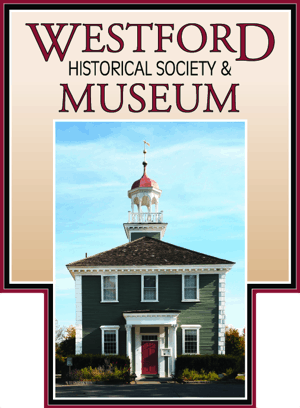Stewarts Point, California
Rev. Willard Hall
Born in Medford, Ma. March 11, 1703, son of Stephen and Grace Hall.
Graduated from Harvard College in 1722.
Married Abigail Cotton of Portsmouth, NH.
Parents of 11 children- 4 sons and 7 daughters.
Probably came to Westford July, or August 1726.
May 2, 1727, was voted by the inhabitants of the westerly precinct of Chelmsford (Westford still part of Chelmsford at this point) to be the minister. Pay 80 pounds for the first year, and then a raise of forty shillings a year until it came to 100 pounds a year. This seems to be the first step in the organization of what would become Westford’s first church.
Farmer- in 1727 he bought 18 acres of land from Josiah Burge- west side of Main Street. Also owned land in Providence Meadow.
Over the years he had several issues with the town in regard to his pay, initiating a lawsuit in 1740.
Starting in 1772- he began to have health issues and substitute ministers were appointed by the town.
September 1774 the town voted “to dismiss Rev. Willard Hall from any further service in the town as minister, provided the church should think it proper to dismiss him from any further service in the ministerial office in said church”. They did raise 42 pounds for his support that year in case the church did not dismiss him. The town searched for another minister, agreeing to pay Rev. Hall 46 pounds quarterly for the rest of his life.
Rev. Hall was among the last of the Tories in Westford, and due to his political beliefs in Sept. of 1775, the town voted to refuse any further financial support. His dismissal was finalized in the Jan. 1776 town meeting ending 48 years of his Westford ministry.
After his dismissal, Rev. Hall kept possession of the church records, instructing his wife to keep them after his death until his estate was settled.He died March 19, 1779 at the age of 77. His wife died Oct. 20, 1789.|
(March 2019 Musuem Musings)
Article by June W. Kennedy & Jane Carpenter.
Two hundred and seventy-five years ago, Massachusetts law required that both a church and a settled minister be in place before the incorporation of a town could occur. Westford began as the town of Chelmsford and, after 13 years of petitioning, the Massachusetts General Court granted the settlers of the West Precinct of Chelmsford permission to gather as a separate religious society. The first meetinghouse was built in 1725, and the Reverend Willard Hall, fresh out of Harvard College, had settled in town by 1727. On September 23, 1729, with church and minister in place, the Town of “Wesford,” soon changed to Westford, was incorporated.
For the first century of Westford’s history, community and religious life were so intertwined that each left a deep imprint on the other. The church meetinghouse was the center of all religious, social, and political life. From 1729 to 1867, town meetings were held there. Votes of town committees and church committees frequently dealt with the same matters. The town clerk was the church clerk. The meetinghouse had no exclusive religious sanctity but was used indifferently for all its meetings: those of business as well as those of worship; prayer on Sunday and politics on Monday. The Declaration of Independence was read before the town at the First Parish meetinghouse in 1776. In her diary, Kate Hamlin states that a ball was held there in honor of President James Buchanan. Westford Academy graduation exercises were held in the meetinghouse until 1907.
The First Parish Church United of Westford will host an historical tour at its 1794 meetinghouse on Saturday, September 18 from 1 p.m. to 4 p.m. The free event will feature historic artifacts, storytelling, music, and tours of the bell tower (2004)
